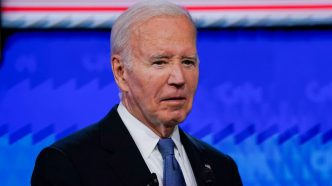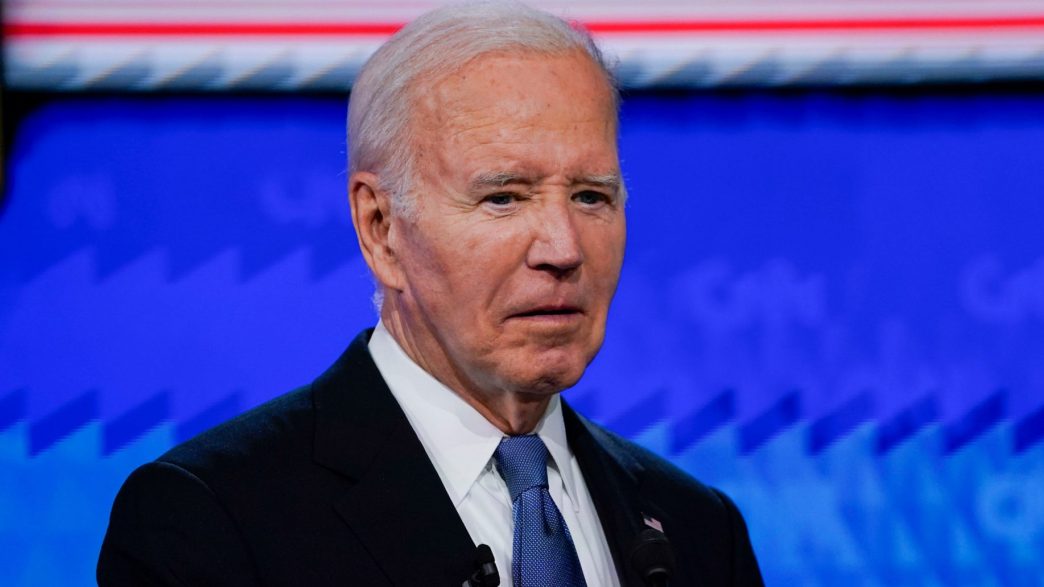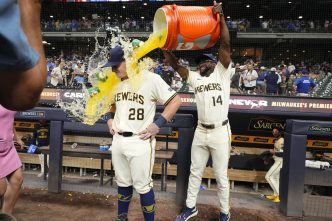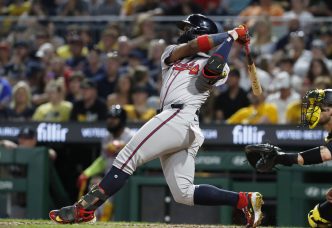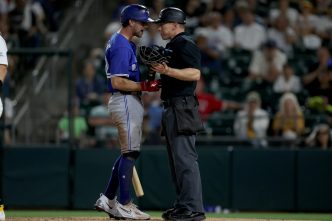In 2021, MLB made a big call: they pulled the All-Star Game from Atlanta’s Truist Park and sent it to Denver. The reason? Georgia’s new Election Integrity Act, which critics labeled as a voter-suppression scheme aimed at Black Georgians. The law tightened rules on mail-in ballots, limited drop boxes, and banned handing out food or water to voters in line. Heavyweights like Joe Biden called it “Jim Crow 2.0,” and MLB Commissioner Rob Manfred, after chats with players and advocacy groups, decided baseball couldn’t stay in a state accused of rigging the vote.
The Braves were blindsided, calling it a gut punch to Atlanta’s chance to shine. Here’s the thing: the law wasn’t some sinister plot. It required voter ID for absentee ballots, cut back on drop boxes to match what other states were doing, and set clear rules to avoid election-day chaos after 2020’s mess. Republicans, like Governor Brian Kemp, argued these were practical steps to secure elections, not block voters. And the numbers back them up.
Since the law passed, Georgia’s seen record turnout in state and national elections, especially early voting. Black voters showed up in droves, undeterred by the so-called “suppression.” Kemp didn’t miss a chance to point this out, slamming MLB’s move as a knee-jerk reaction to a narrative that didn’t hold water. Fast forward to July 15, 2025, and the All-Star Game is back at Truist Park. The same voting law? Still in place, barely tweaked.
MLB’s not saying much about 2021 now—just hyping the Braves’ slick ballpark and Atlanta’s baseball vibe. When they announced the return in 2023, Manfred called Truist and The Battery “gems” and left the politics out. Kemp took a swing, saying MLB finally saw the light on Georgia’s “common-sense” law. The data’s clear: voters weren’t silenced, elections ran smoothly, and the outrage over “suppression” looks overblown in hindsight.
The 2021 decision cost Atlanta big—over $100 million in lost revenue for hotels, vendors, and small businesses, many minority-owned. All because MLB bought into a hyped-up narrative without waiting to see if the law actually hurt anyone. Spoiler: it didn’t.
Now, with stars like Aaron Judge and Shohei Ohtani ready to light up Truist Park, the return of the All-Star Game feels like a quiet admission that the panic was misplaced. Georgia’s law was about making elections secure, not keeping people from voting. And the fans packing the stands tonight? They’re here for baseball, not a culture war. Let’s keep it that way.

